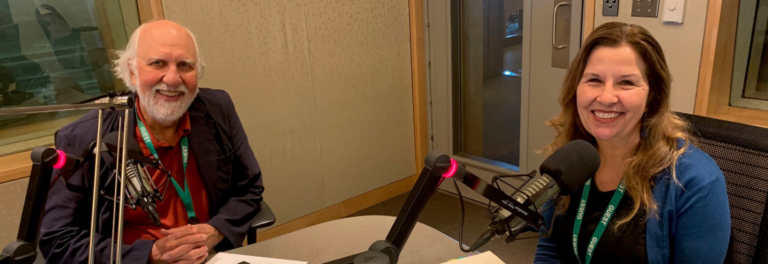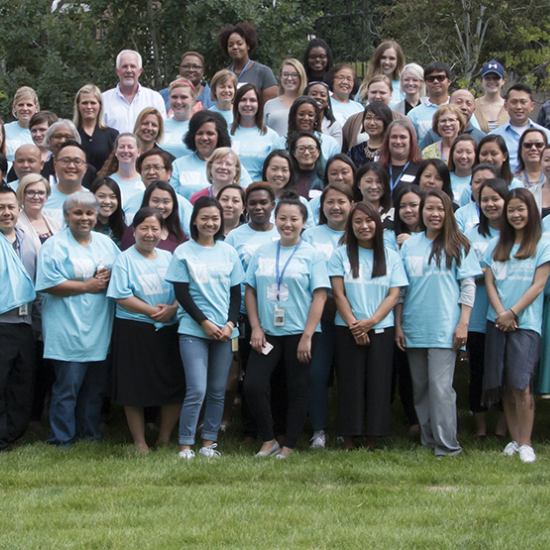It has been just over three weeks since the 93rd legislature adjourned, and we are happy to share that we moved a record number of priorities from Wilder’s Public Policy Agenda. In fact, so many of our agenda items were passed into law that we have had to modify our annual post-session breakdown into a multi-part series. This post reviews the K-12 omnibus bill and a few other policies relating to early education and workforce (education) that passed separately.
HF2497/SF2684 (Rep. Youakim | Sen. Kunesh)
This $23.2 billion package includes over $2.2 billion in new spending. Notable provisions in the massive bill include:
Per-Pupil Formula Increase: The per-pupil formula determines how much money is allocated to each district. HF 2497 includes a 4% increase in fiscal year 24 and a 2% increase in fiscal year 25. Beginning in FY26, the formula will be indexed to inflation to ensure that funding is automatically allocated to keep up with rising costs.
Investments for Special Education Services: $662 million in investments for enhanced special education services at schools throughout the state over the next two years. Additional policy changes improve reimbursement mechanisms for needed services, including those provided by school social workers and mental health practitioners.
Education Support Staff Investments: Historic investment for Education Support Staff including:
- $135 million in one-time funding for hourly educators to receive unemployment insurance during the summer. This change provides economic security for vital support staff that until now did not receive the same benefits that some other “seasonal workers” have benefited from, leading to improved retention rates for education.
- $62 million is being invested throughout Minnesota to increase the number of support staff, including school counselors, psychologists, nurses, and para-educators.
Increased Pathways to Teaching
The Grow Your Own Teachers Program receives $37 million over the biennium. This grant program is designed to support aspiring teachers and offers support staff pathways to becoming certified teachers. GYOT grants are successful methods for increasing the size and improving the diversity of the teacher workforce.
$30 million to establish a special education teachers’ pipeline to better support special education students throughout the state.
Full-Service Community Schools
$15 million invested into the Full-Service Community Schools grant program over the next two years, with an additional $10 million in FY26 & 27. These investments will support Achievement Plus and other community schools to increase the scale of their impact through their holistic and effective approach to education and community wellness.
St. Paul Promise Neighborhood & Partners
- SPPN will receive an appropriation from the Minnesota Department of Education for $1.3 million annually in 2024 and 2025. This appropriation will allow SPPN to continue supporting St. Paul through its “birth to career” approach to eliminating the state’s worst in-nation opportunity gaps.
- Fellow Promise neighborhood, Northside Achievement Zone (NAZ), also received MDE funding.
- The Education Partnership Coalition (EPC), a coalition of similarly-minded cradle-to-career neighborhood partnership organizations, which include SPPN and NAZ, scored ongoing base funding through MDE. Regional partnerships will receive $200k per organization per year over the biennium.
Notable Policies Found in Other Bills
Early Learning Scholarships: Over $252 million over the biennium for Early Learning Scholarships. This is an existing program that received increased funding and several policy tweaks that add new priority groups, including:
- Students under the age of 3
- Students whose parents are incarcerated
- Students whose parents are members of the mental health or SUD treatment workforce
Addressing Youth Hunger: Minnesota became the fourth state in the country to provide breakfast and lunch at no cost to all students throughout the state. Over the biennium, $400 million is being appropriated to fund breakfast and lunch programs throughout Minnesota. This program will fill in the gaps left by the Federal Free and Reduced Meals Program.
Expanded EDU Workforce Protections: Several policy provisions were passed in the Labor Omnibus that provide early and adult education teachers the same continuing and due process protections as k-12 teachers
After years of stalled bills, hundreds of policy changes were made to Minnesota’s education system. The provisions and appropriations above are only a fraction of the changes that were made over the last legislative session. We hand-picked some of the bills on our agenda and other policies that are most likely to directly impact staff and recipients of Wilder’s services. However, there are surely other policies that may directly or indirectly affect you that were not detailed above.
To learn more about these policies, along with those described above, don’t hesitate to get in touch with Wilder’s Public Policy Director Adrián Rafael Magaña.




